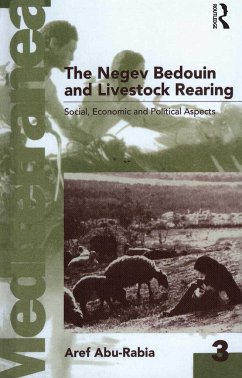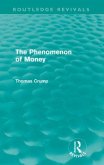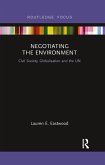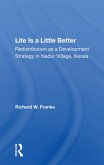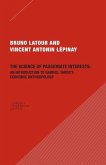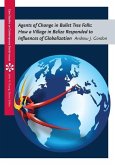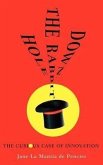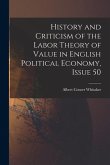In the past sheep-rearing was the main means of existence for most Bedouin. Today it is developing in a new direction. For some it is as important as ever; for others it has become only a subsidiary source of income and a safeguard against economic instability. This volume looks at the effects social, political and economic changes have had upon the traditional livelihood of the Negev Bedouin and considers how, despite all the problems encountered - such as the expropriation of land by the authorities and the demolition of authorised dwellingssheep-rearing is still considered to be essential and worthwhile for almost all households. Cooperation between the owners of flocks, shepherds, food suppliers and government officials is essential in the determination of grazing areas and pastoral arrangements. These varied interest groups ensure that sheep-rearing continues to occupy an important place in the Bedouin's cultural identity and that the flock remains a unifying factor for the Bedouin family and Israeli society.

